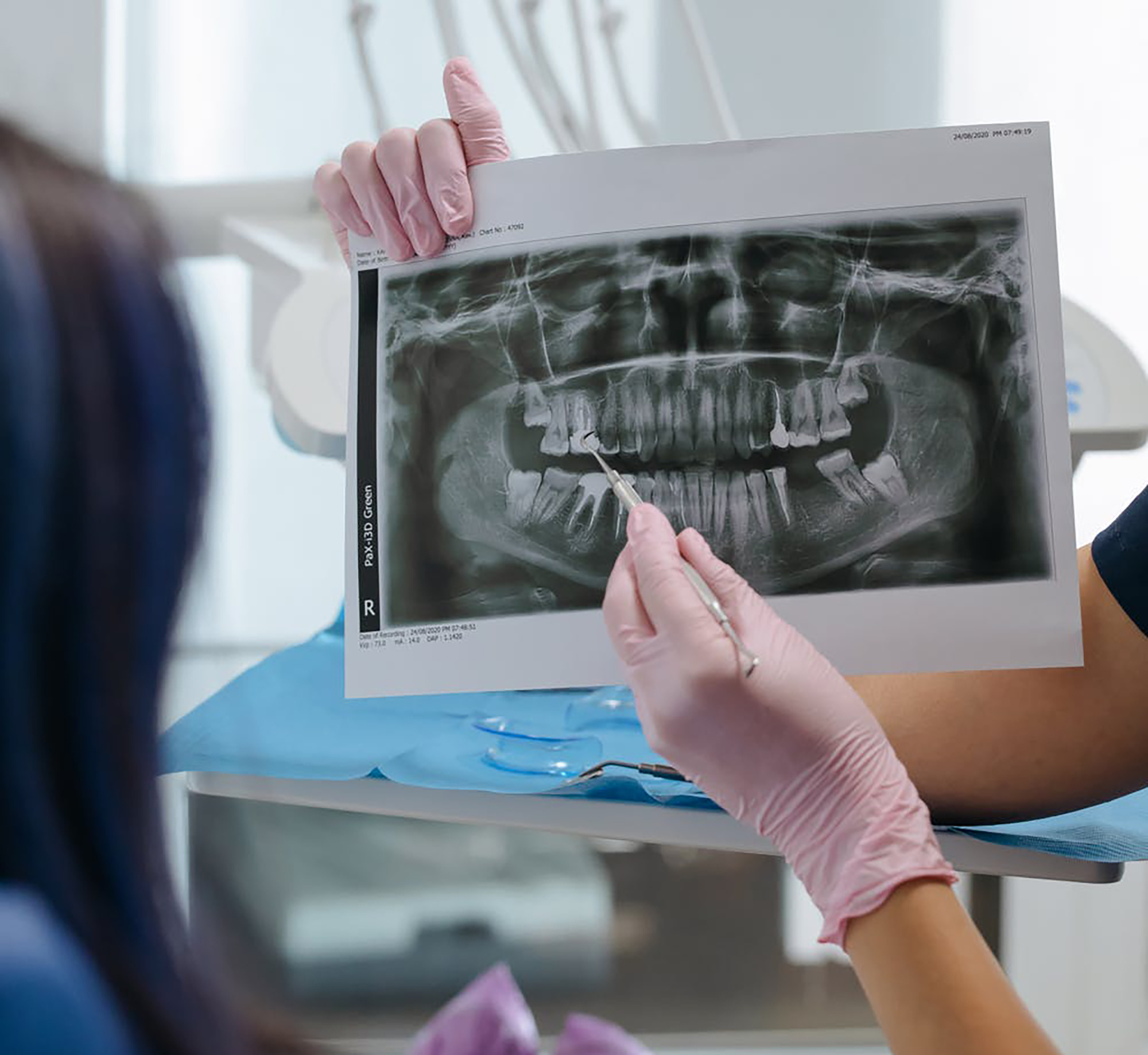
There are a variety of different treatments available for a patient when they lose their teeth, but not all of them have as many benefits as dental implants Hertfordshire. Alongside the many differing treatments, there is also a long list of reasons as to why a person might lose their teeth. This can happen over time as they age, or due to injury and trauma directed around the tooth site. Gum disease is a leading cause of tooth loss, as bacteria and inflammation of the gums causes them to deteriorate, resulting in a lack of support for the teeth. Cavities and other diseases such as diabetes, hypertension, smoking and poor nutrition can also lead to a patient’s teeth falling out.
The initial consultation
During the initial consultation regarding tooth loss, the patient will be asked to provide a detailed dental history. Scans and X-rays will be taken of the mouth, gums and jaw as well as the site where the tooth previously sat, to ensure that everything is healthy and there will be no complications when moving forward with the implant treatment. The patient will be thoroughly examined and should always use this time to ask any questions or voice concerns before the treatment takes place.
The treatment
The treatment begins with the administration of a local anaesthetic to avoid any discomfort throughout. It is important that the mouth and surrounding areas are completely clean and do not have any extra bacteria hiding in the hard-to-reach places, so the practitioner will often ask the patient to brush their teeth. The implants are, at their simplest, metal screws that will be installed into the jaw to act like the tooth root. As the site begins to heal, the jawbone will grow around the metal post, providing a secure structure before the crown is placed on top. The crown is matched to the surrounding teeth and is often modelled from an impression made from a healthy tooth, allowing for a completely natural apperance.
The aftercare
It is important that all patients take care of their artificial teeth with the same care and schedule that they use for their real teeth. An antibacterial mouthwash will be provided for optimum cleaning and this should be used for at least one week after the treatment, though the practitioner will always advise based on a case-by-case situation. Two weeks after the treatment has taken place, the patient will be invited back for a review appointment to ensure that everything is healing correctly and to check for any complications or possible infections that may have occurred within those two weeks.
The benefits
As previously mentioned, the artificial tooth alternative provides a rather long list of benefits. These include an improved and natural appearance, as well as support for the bones within the face now that the jaw is full and without gaps or spaces. The patient will also see improvements in their speech and comfort, as well being able to eat easier and without removing any foods from their diet. Artificial teeth are made to be extremely durable and offer convenience to those who undergo the treatment, providing stability for years to come.





